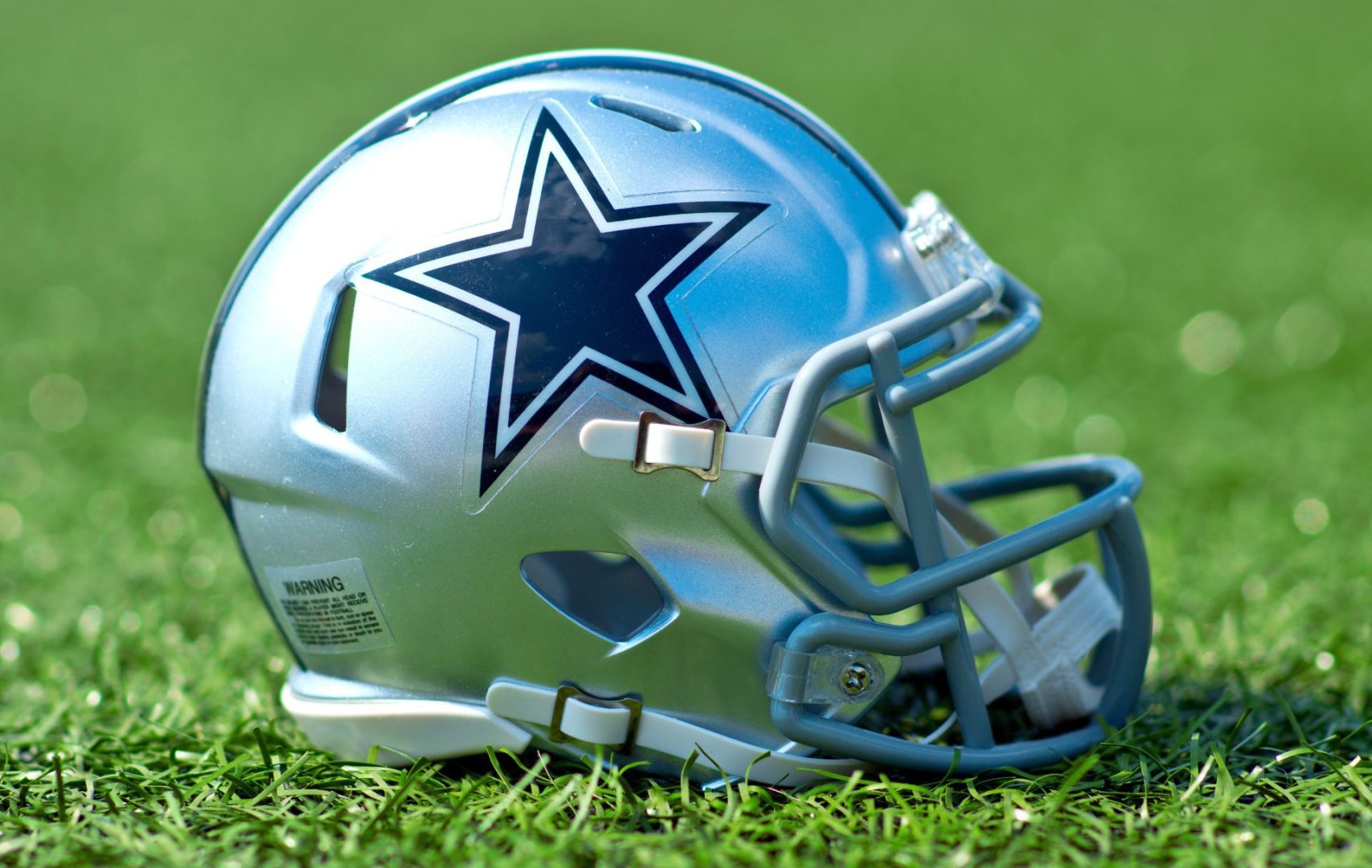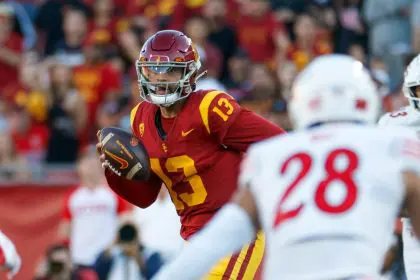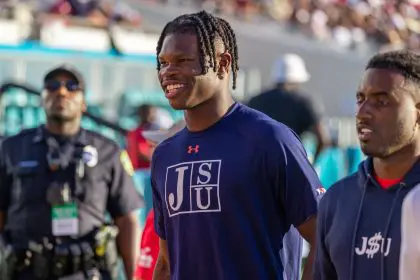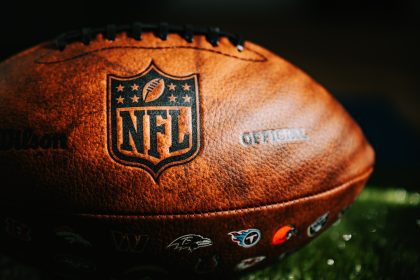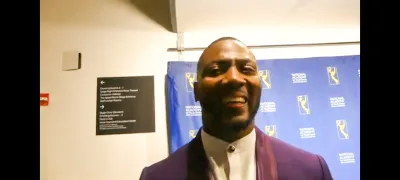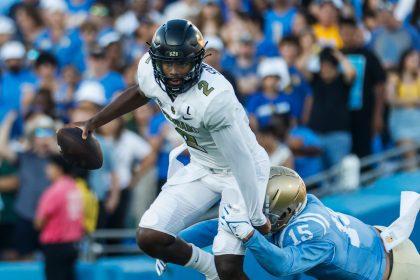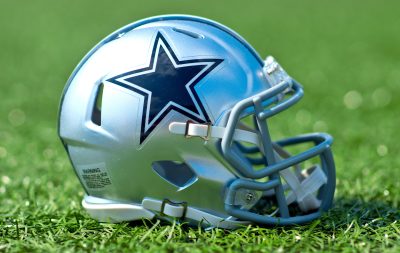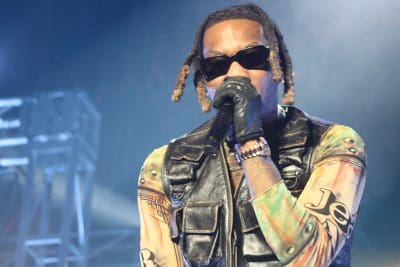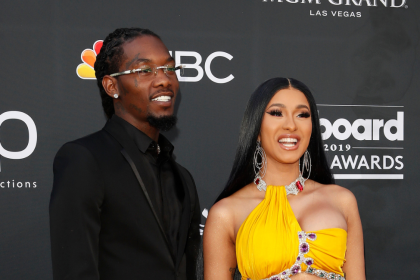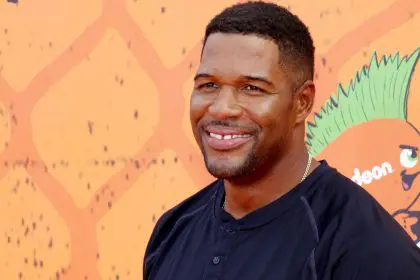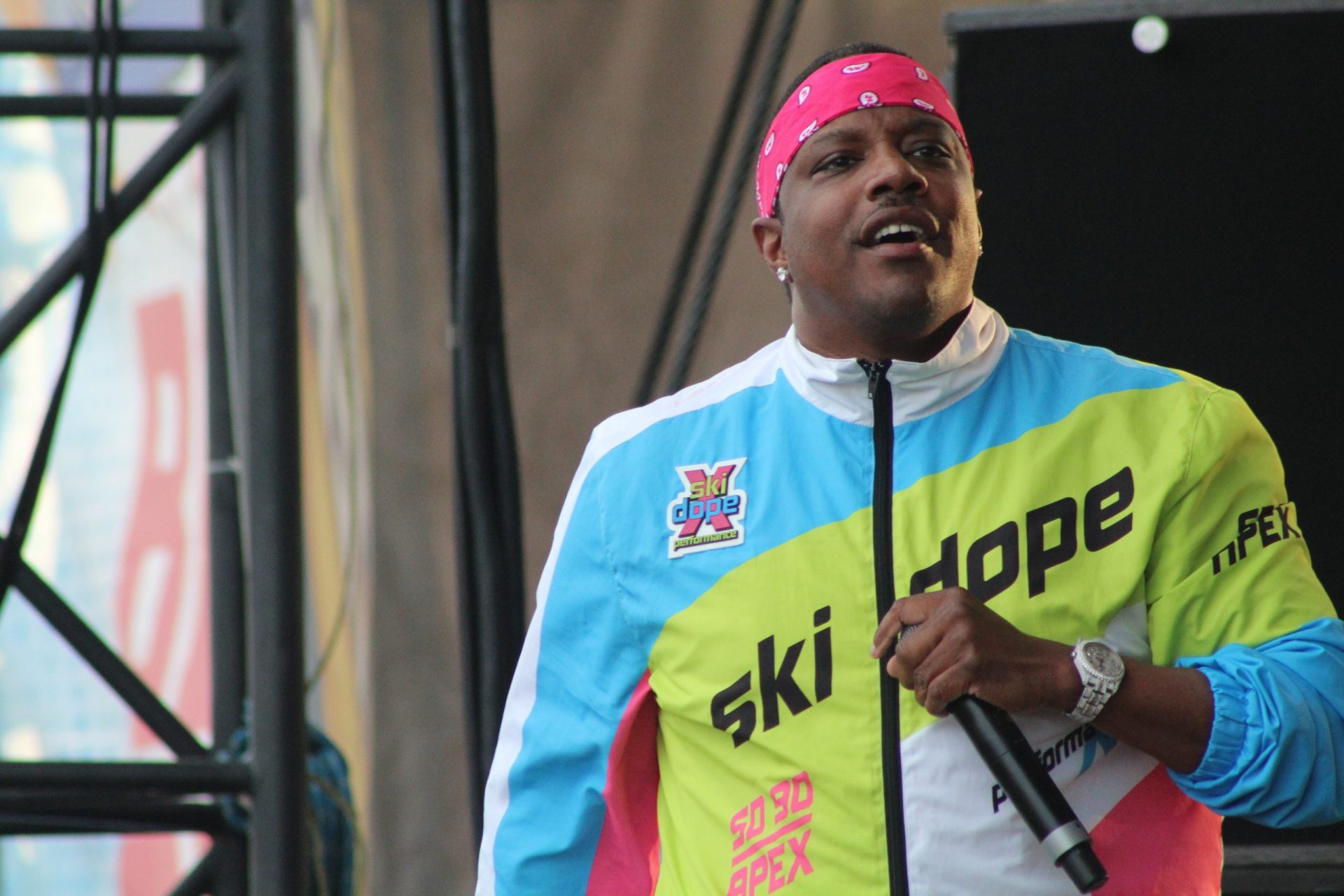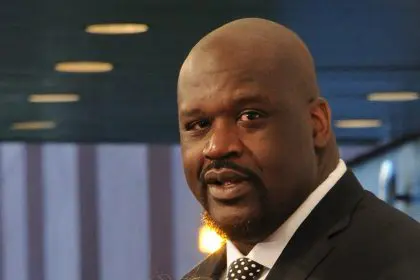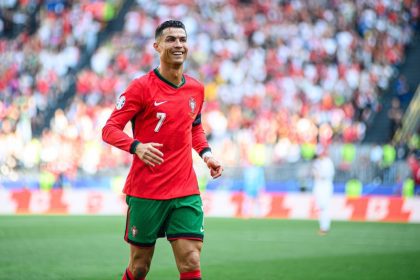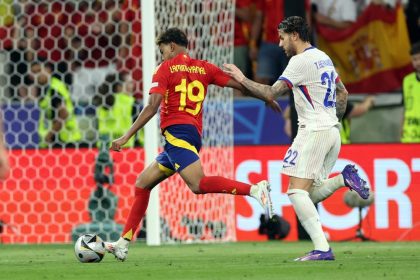Dallas Cowboys defenders Micah Parsons and Trevon Diggs generated controversy on Parsons’ podcast “The Edge” by leaving teammate Dak Prescott off their list of top 10 NFL quarterbacks.
The discussion came after Parsons recently resolved tensions with teammate Malik Hooker over his podcast activities during the offseason. The latest episode featured Diggs joining Parsons to analyze current NFL quarterbacks.
Their top quarterback rankings included Washington’s Jayden Daniels, Philadelphia’s Jalen Hurts, Kansas City’s Patrick Mahomes, Baltimore’s Lamar Jackson, Detroit’s Jared Goff, Buffalo’s Josh Allen, Los Angeles’ Matthew Stafford and Carolina’s Sam Darnold.
Prescott’s omission draws attention amid his challenging season. The Cowboys quarterback has completed 63.7 percent of passes with 10 touchdowns and eight interceptions, including two picks in each of his last three games. This follows his MVP runner-up campaign last season.
The snub raises questions about locker room dynamics, especially after Prescott signed a record-setting contract. While players often have varying opinions about teammates, the public exclusion by two defensive stars could signal deeper issues.
Fan reaction has been mixed, with some praising the defenders’ honesty while others worry about team chemistry. The timing proves particularly notable as Dallas prepares for key matchups in the NFC East race.
The controversy adds pressure on Prescott heading into a crucial game against Atlanta. His response on the field could influence both team morale and playoff positioning.
The podcast episode highlights growing tension between social media presence and team dynamics. Parsons previously faced criticism about his off-field content potentially affecting preparation.
NFL analysts note that public player rankings of teammates remain uncommon, especially regarding quarterbacks. The situation tests traditional expectations about loyalty and media engagement.
The Cowboys’ success this season may depend on how players handle this latest controversy. Strong leadership could turn it into motivation rather than distraction.
Prescott’s performance in upcoming games takes on added significance following the comments. A return to MVP-caliber play would help quiet doubts about his standing among NFL quarterbacks.
Both Parsons and Diggs maintain prominent roles in Dallas’ defense, making their opinions particularly noteworthy within the organization. Their continued chemistry with Prescott bears watching.
The incident demonstrates evolving media dynamics in the NFL, where players increasingly control their own platforms and messaging. This creates new challenges for team chemistry and communication.
Dallas coaches face the task of maintaining focus amid the controversy as they pursue playoff positioning in the competitive NFC East.
Team leadership’s response could set precedent for handling similar situations as players expand their media presence through podcasts and social platforms.

